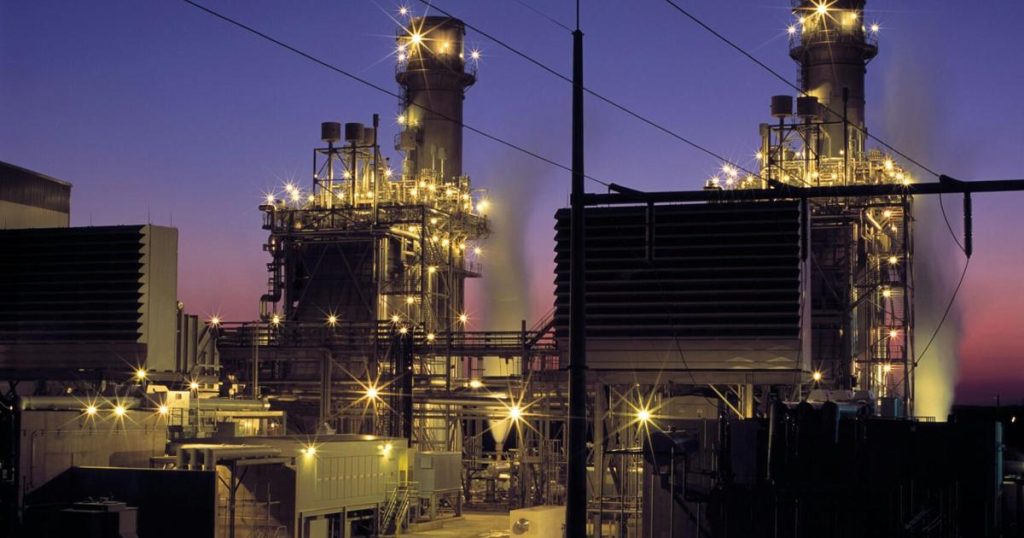(The Center Square) – Virginia regulators are reviewing Dominion Energy’s long-term energy plan, which environmental groups say leans too heavily on fossil fuels and violates state climate law.
Last week, the State Corporation Commission held a four-day hearing to determine whether the plan complies with the Virginia Clean Economy Act, which requires 100% carbon-free electricity by 2045.
The Virginia Clean Economy Act, passed in 2020, sets binding targets for phasing out fossil fuels and requires utilities like Dominion to submit detailed planning documents for how they plan to meet those goals.
Dominion’s proposal includes continued investment in natural gas infrastructure and delays retiring its existing fleet of fossil fuel plants. Critics argue the plan fails to account for lower-cost, cleaner alternatives like solar, wind and battery storage.
The Southern Environmental Law Center and Appalachian Voices testified during the hearings, warning that Dominion’s approach could lock Virginians into decades of pollution and rising utility bills.
They argue the plan prioritizes corporate profits over public health and environmental compliance.
The surge in energy demand is largely driven by Northern Virginia’s booming data center industry, which accounts for more than 20% of Dominion’s forecasted load growth.
Dominion says its plan is designed to ensure grid reliability and meet growing energy demand, particularly from data centers and large-scale industrial users. The company has defended its gas investments as necessary to maintain system stability as older coal and gas units are phased out.
“Power demand in Virginia is growing at the highest levels since World War II,” Dominion spokesperson Aaron Ruby told The Center Square. “Our plan will serve growing power demand with reliable, affordable, and increasingly clean energy. Renewables alone cannot reliably serve all our customers’ needs. Renewables are not always available, so we need nuclear and natural gas to keep the power on all the time. Our long-term plan includes about 80% renewables and carbon-free nuclear, and about 20% natural gas.”
He continued, “That is the diverse, balanced mix that will deliver both reliable service and increasingly clean energy.” He also noted that power demand will double in the next 15 years.
The SCC will accept post-hearing briefs until May 19, 2025, before issuing a decision. While the commission does not approve or reject Integrated Resource Plans outright, it can rule whether the plan is ‘reasonable and in the public interest,’ influencing future project approvals.
“If we follow Dominion’s short-sighted plan, which builds 6 gigawatts of new methane gas power plants in the 2030s and ignores the potential of cleaner alternatives, we will virtually guarantee a non-compliant, dirty, and expensive electric system,” said Nate Benforado, senior attorney at SELC. He argued that building battery storage instead of gas plants would be more cost-effective and better for public health.


